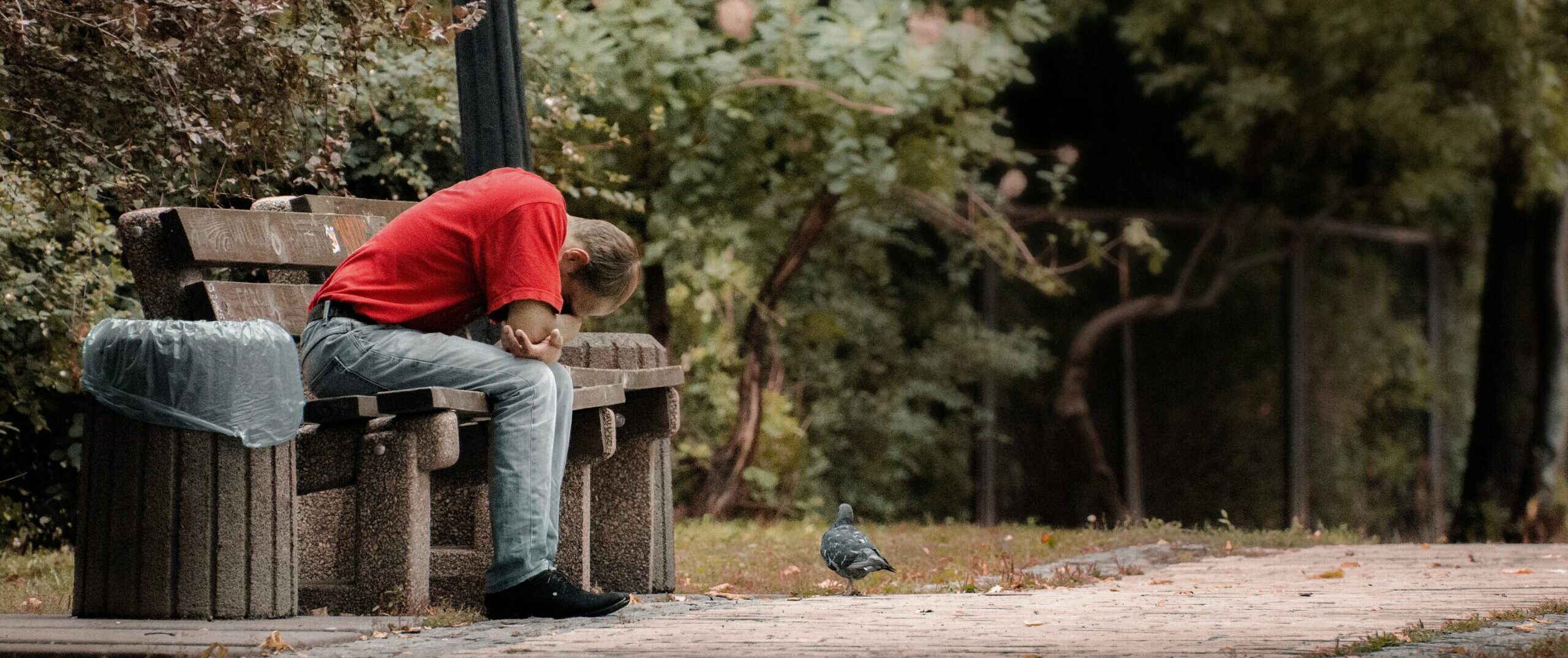

Best-selling author, Daniel Pink, surveyed more than 26,000 people from 130 countries about the biggest regret in their lives. He concluded that most people struggled with four core regrets.
When I look back at all the meetings with men I have had in my work over the years, so many have experienced these types of regrets. I remember a man in his seventies share with me a moral regret that took place fifty years ago. He had never shared it with anyone, including his wife. It was quite clear he still deeply regretted it.
I personally believe for men the greatest regrets are the “Boldness regrets.” When men realize the missed opportunities of life because they were not willing to take a risk.
For most men this unwillingness to take a risk is a result of their fear of failure. Dr. Tim Keller said the thought of failure to most men is such a nightmare that it can be equated only to a kind of psychological death. Most men therefore refuse to take certain risks in life because they are driven not to fail.
This is a major problem for men who have come to believe that strong men should never display any type of weakness. We should never be subject to emotional and psychological weakness, particularly depression. And of course, real men should never fail.
So where does this lead, this fear of taking risks? It causes men to play it safe in life. We find ourselves avoiding reasonable risks that we should probably take.
Not wanting to look bad in the eyes of others, our judgement becomes critically impaired, and we find ourselves not pursuing viable opportunities—even when failure is a remote possibility. Larry Crabb says that men try to arrange their lives so that everything is predictable and under their control. They pursue endeavors where they feel competent and can hide their inadequacies, avoiding what they fear and thereby creating a feeling of safety.
The real problem with this approach to life is that a man most likely will never reach his full potential. By playing it safe and refusing to expose himself to failure, he will find himself later in life asking the question, What if?
What strikes me is that people in their twilight years realized what a mistake it was to play it safe over the course of their lives because they were afraid to fail. If you think about it, most of the great accomplishments in life are the result of people willing to step out of their comfort zones into the unknown, knowing that failure is a possibility.
Richard E Simmons III is the founder and Executive Director of The Center for Executive Leadership and a best-selling author.
Add grace and understanding to your day with words from Richard E. Simmons III in your inbox. Sign-up for weekly email with the latest blog post, podcast, and quote.

For local orders in the Birmingham, AL area, enter Promo Code LOCAL at checkout to save shipping. We will email you when your order is ready for pickup.
Bulk discounts for 25 or more books! Call 205-789-3471 for prices.